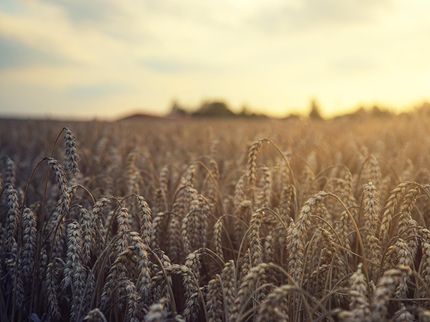Russia threatens to end grain agreement in May
Advertisement
Russia's Foreign Minister Sergei Lavrov has threatened to end the international agreement on exporting grain from Ukraine. Without easing its own agricultural exports, Russia will not extend the agreement, Lavrov said Friday during a visit to Turkey. "If there continues to be no movement on dismantling barriers to the export of Russian fertilizer and grain, we will think about whether we need the agreement," he was quoted as saying by the state-run Tass news agency. If the West does not relent, Russia could resume its blockade of Ukraine's Black Sea ports, he said.

Computer generated picture
At the meeting with Turkish Foreign Minister Mevlüt Çavusoglu in Ankara, Lavrov said to the West: "Let them continue to ship Ukraine's relevant goods overland by rail or by river." Russia would then cooperate with Turkey and Qatar to sell its agricultural goods on the world market, he added. Plans to do so have already been discussed, he said. The agreement expires without extension in the middle of next month.
Russia had blockaded Ukraine's Black Sea ports for months after launching its war of aggression against Ukraine last February, preventing grain exports. Ukraine is one of the world's top exporters. As a result, there were fears of a hunger crisis, especially in poorer countries. Then, in the summer, an agreement was negotiated with the mediation of Turkey and the United Nations. Since then, more than 27 million tons of Ukrainian grain have entered the world market, according to Turkish figures.
The agreement, originally concluded for 120 days, was extended twice, but the last time for only 60 days. Russia has repeatedly threatened to break off the agreement. The reason given for this is that its own exports of grain and fertilizer would be hindered by Western sanctions./bal/DP/he (dpa)
Note: This article has been translated using a computer system without human intervention. LUMITOS offers these automatic translations to present a wider range of current news. Since this article has been translated with automatic translation, it is possible that it contains errors in vocabulary, syntax or grammar. The original article in German can be found here.



























































